Image Source: JoyOfDesign
A big part of traveling the world is trying to get deals on the items you purchase, places you stay and things you do.
So I’ve devised a how to haggle guide just for you. Traveling is already expensive, don’t get ripped off on everything you buy and do just because you’re uninformed in the art of haggling.
In this post we’re going to talk about what I’ve learned about haggling in the Dominican Republic.
Haggling is different around the world; certain cultures will actually be offended if you don’t even try to haggle, for example. But I’m going to stick to what I know best.
There is no real order to the list but some factors will definitely help you more in getting a better price. Remember that locals need to make some money as well!
1) Ask Before Consuming:
Need to take a taxi across town? ASK FOR THE PRICE BEFORE GETTING IN! Once you’ve already gotten in the taxi or eaten that deep fried specialty donut, you have no room to haggle. You already consumed and you are at the seller’s feet. They can now charge you what they want.
Although it’s much harder to haggle in a situation like this it is still possible. It’s going to take a much bigger effort on your part to get that price lower though.
Importance: Astronomically High
2) Speak the Language:
This should be an obvious one. If you speak the language the locals will instantly have more respect for you. A lot of locals complain that tourist come and don’t take the time to learn even a little bit of the language, but it’s great for vendors since you can’t really haggle if you don’t speak the language. Ok, that’s not true, but it definitely makes it harder. When you speak the language you have an even playing field. You can make conversation, get personal and you can communicate exactly what it is that you want.
Importance: Very High
3) Practice your Poker Face:
When you go to buy a house, if you walk in and the sales agent sees you jumping up and down in excitement and loving every bit of the house, that’s a sign for them to leave the price high. Since you love the place so much, you’re probably willing to pay the initial asking price. This works the same way when you’re trying to buy a bracelet, funny hat, or anything else from a store. If you have a giant smile on your face and show that you love it you will get up charged for it. If you look at it, ask how much and then put it down to look at other products the seller will think they priced it too high and could immediately give you a lower price.
A note on this, in some cultures if you are really interested in the product you are actually more likely to get a discount. Not in the Dominican Republic though.
Importance: Average
4) Pretend to Leave:
If you know you’re going to pass by the shop again later, and you feel like you’re getting ripped off, pretend to leave, or actually leave. Multiple times in the Dominican Republic I spent 5-10 minutes trying to bring a price down but the guy wouldn’t budge. I told him I know of another guy closer to my house who sells it cheaper and proceeded to leave. I got on my motorcycle, started it, and then the guy came out of the shop and said “ok, ok, ok”, and gave me the discount.
Importance: Average
5) Know the Seasons:
In some places there are high seasons and low seasons. When it’s high season there’s a lot of foot traffic and people are selling a lot. The opposite goes for low season. If you get to a place during high season, good luck haggling anything down. I’m not saying it’s impossible but vendors are already getting enough sales, so they don’t need to be marking down their product for you. If you come when no one’s in town though, you’ll have a much easier time. People haven’t sold much and will be much more willing to let stuff go at a cheaper price.
Importance: High
6) Get Friendly:
This is where knowing the language helps. Start by saying hi, ask them how long they’ve lived in this part of the country, how are sales, do they have family, do they like it here etc. When you get people on a personal level and show them you are interested in them they are more likely to give you a lower price. Don’t just get friendly for a discount though, get friendly to actually get friendly. You will meet some interesting people along the way and get a better price as a bonus.
Importance: High
7) Carry Small Bills:
Nobody ever has change. This is especially true in the Dominican Republic. By carrying small bills you won’t run into the problem where you really want something and it cost 7 dollars but you only have a 10 and they don’t have change. I’ve seen tourists hand over up to 5 dollars more simply because they really wanted it and the people insisted they didn’t have change. Remember, change can always be found…..
Importance: Average
8) Buy More Than One:
This usually goes for anything. If you are buying more than one, it’s immediately easier to get some sort of discount. Because, you are giving the seller more money and more sales by buying more than one they will be more inclined to give you a discount.
Importance: Average
9) Have an Idea of What Things are Worth:
If you’re going to Europe, you should know that things are expensive there. The same bracelet you could get in the Dominican Republic for two dollars will run you fifteen there. So try to get an idea of what things are worth in the country you’re visiting. If you can do this, when someone in the DR tries to charge you fifteen USD for that bracelet you’ll know better than to pay that.
Importance: High
10) Make Friends With the Locals:
This you should do regardless of haggling If you’re in someone else’s country, get to know the culture and the people. With regards to haggling though, if you make friends with the locals and go shopping with them, they won’t want you to get ripped off. This tip generally only applies if you stay a while in a place. If you’re new in town I wouldn’t try this one because usually locals have their preferred vendor (usually a family member) and take all the foreigners to them.
Importance: High
11) Things are Worth More Depending on Where they are Sold:
This is especially true for the Dominican Republic. Buy a coconut in town and it will run you 15 to 25 pesos (around 50 cents USD). Try to buy that same coconut on the beach and it will run you 100 to 150 pesos (around 2USD). This is simple, you pay for convenience. If you want a deal, or to just pay the regular local price, shop where the locals shop. You’ll never see a Dominican buy a coconut on the beach. It’s just too expensive compared to what it costs if you cross the street.
Importance: High
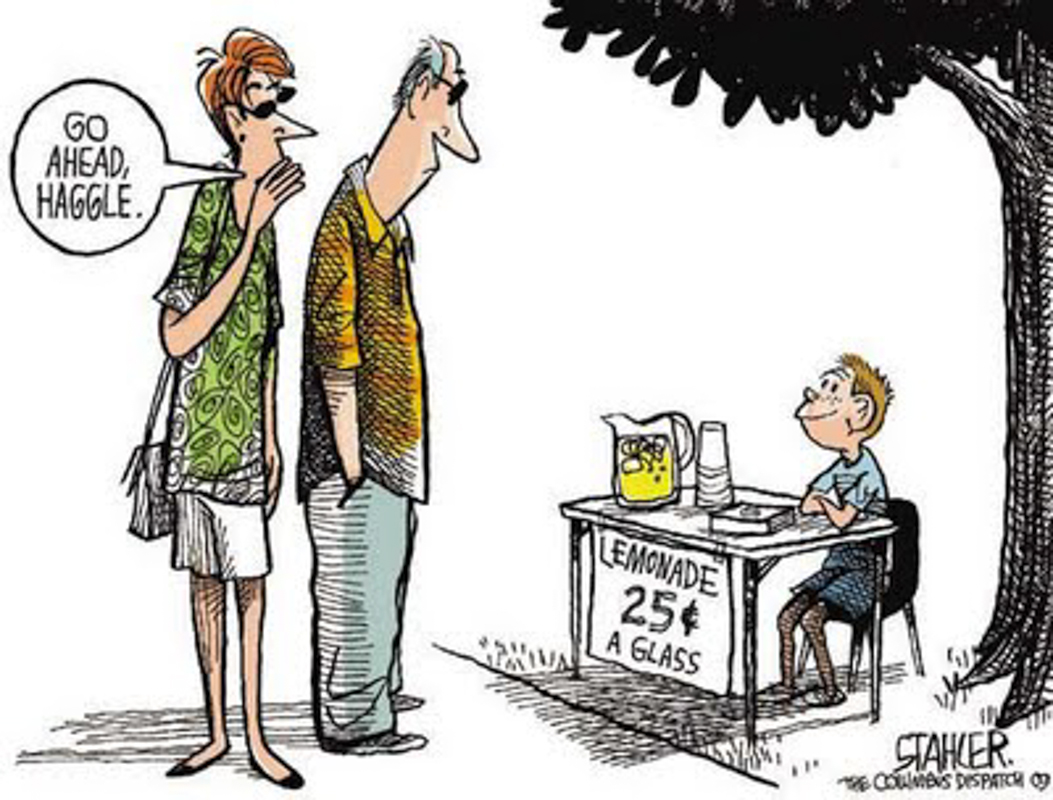

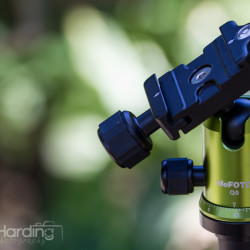
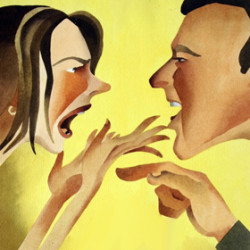



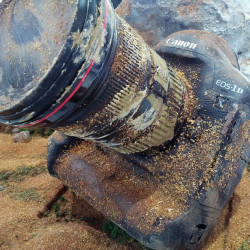

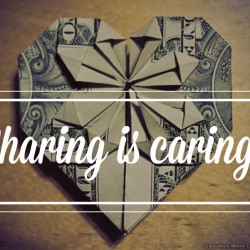
Buenosisimo!!!!!!
Gracias!!! =)